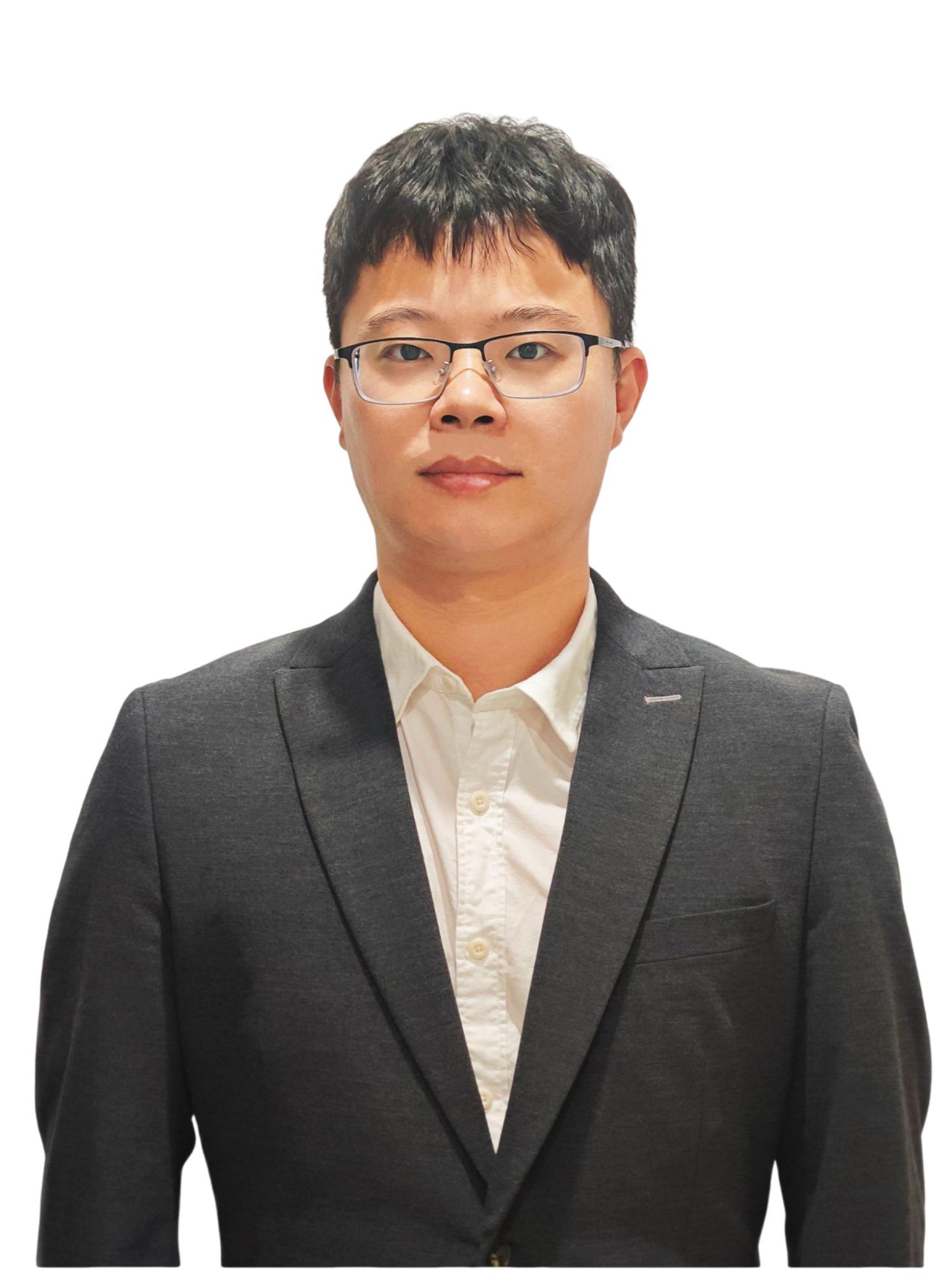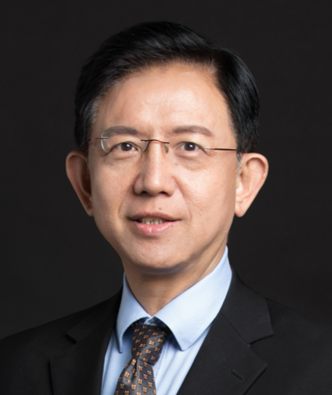
Zhong Shuai
Ph.D., Principal Investigator
Email: zhongshuai@@gdiist.cn
Biography:
Dr. Zhong got his bachelor degree from Northwest Polytechnical University in 2009, master degree from Beihang University in 2014 and Ph.D. degree from Singapore University of Technology and Design (SUTD) in 2019. He then started the postdoctoral training in SUTD (2019-2020) and Tsinghua University (2020-2022). He has hosted/participated National Natural Science Foundation of China (Youth Program), China Postdoctoral Science Foundation, Science and Technology Innovation-2030 (China), MOE AcRF Tier 2 Grant (Singapore), A*STAR Public Section Funding (Singapore). Research Interests: Bio-inspired computing device and system, memristor, bioelectronics.
Brain-Like Computing Theory and Device Research Group:
Brain-like computing is a novel computing technology that draws on the fundamental principles of brain science to break free from the constraints of the “von Neumann” architecture. This research group will conduct collaborative research on brain-like computing from both theoretical and device perspectives.
Theoretical Aspect: We study the architecture, models, and algorithms of brain-like computing, exploring the foundational theories of brain-like intelligence based on brain-like computing. By referencing neuron models, neural circuit transmission, neural coding, and neural mechanisms such as cognition, learning, memory, and decision-making, we aim to gradually establish and improve mathematical/computational principles and models for brain-like information processing. We aim to construct a unified theoretical framework for brain-like computing and intelligence, providing a theoretical basis for the development of brain-like computing devices and systems.
Device Aspect: Based on new materials and technologies, we research new high-performance brain-like neural devices to address issues such as poor consistency, reliability, and scalability challenges. We investigate network architectures based on brain-like neural devices, constructing large-scale arrays and developing peripheral circuitry research and design. We also explore sensory and computational architectures based on new brain-like devices, developing integrated systems that combine sensing, storage, and computation.
Representative publications:
1. S. Zhong*, J. C. Zhou, F. W. Yu, M. Xu, Y. S. Zhang*, B. Yu, R. Zhao*. An Optical Neuromorphic Sensor with High Uniformity and High Linearity for Indoor Visible Light Localization. Advanced Sensor Research. 3(6), 2300197. (2024)
2. Z. J. Wang, Y. X. Song, G. B. Zhang, Q. Luo, K. Xu, D. W. Gao, B. Yu, D. Loke, S. Zhong*, Y. S. Zhang*. Advances of Embedded Resistive Random Access Memory in Industrial Manufacturing and Its Potential Applications. International Journal of Extreme Manufacturing. 6, 032006. (2024).
3. M. Xu, F. Q. Liu, Y. F. Hu, H. Y. Li, Y. Y. Wei, S. Zhong, J. Pei* and L. Deng*. Adaptive Synaptic Scaling in Spiking Networks for Continual Learning and Enhanced Robustness. IEEE Transactions on Neural Networks and Learning Systems. 2162-2388. (2024)
4. J. C. Zhou, A. Z. Chen, Y. S. Zhang*, D. Pu, B. S. Qiao, J. Y. Hu, H. X. Li, S. Zhong, R. Zhao, F. Xue, Y. Xu*, K. Loh, H. Wang, B. Yu*. Two-Dimensional Ferroionics: Conductive Switching Mechanisms And Transition Boundaries in Van Der Waals Layered Material CuInP2S6. Advanced materials. 35, 2302419. (2023).
5. S. Zhong, Y. Zhang. H. Zheng, F. W. Yu, R. Zhao, Spike-based Spatiotemporal Processing Enabled by Oscillation Neuron for Energy-Efficient Artificial Sensory Systems. Advanced Intelligent System. Advanced Intelligent Systems. 2200076. (2022).
6. S. Zhong, H.C. Wong, H.Y. Low, R. Zhao. Phototriggerable Transient Electronics via Fullerene-Mediated Degradation of Polymer:Fullerene Encapsulation Layer. ACS Applied Interface & Interfaces.13(1), 904. (2021).
7. S. Zhong, X. Ji, S. Hao, F. Liu, R. Zhao. A biodegradable artificial synapse implemented by foundry-compatible materials. Applied Physics Letters. 117, 192105. (2020).
8. S. Zhong, X. Ji, Y. Zhou, Y. Zhang, A. Ye, R. Zhao. CMOS Compatible Transient Resistive Memory with Prolonged Lifetime. Advanced Materials Technologies, 4, 1900217. (2019).
9. S. Zhong, X., Ji, L. Song, Y. Zhang, R. Zhao. Enabling Transient electronics with degradation on demand via Light-responsive Encapsulation of Hydrogel/oxide bilayer. ACS Applied Interface & Interfaces. 10(42), (2018).
10. S. Zhong, Y. Cui. Metal and annealing atmospheres dependence of resistive switching in metal/Nb0.7wt%-SrTiO3 interfaces. Current Applied Physics 13(5):913–918, (2013).
11. S. Zhong, S. Duan, Y. Cui. Electrode dependence of resistive switching in Au/Ni-Au nanoparticle devices. RSC Advances 4(77), (2014).






